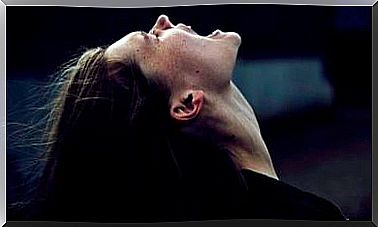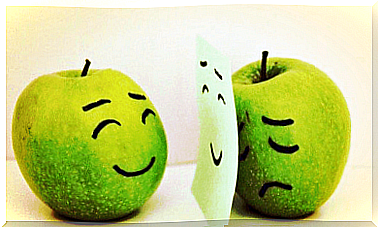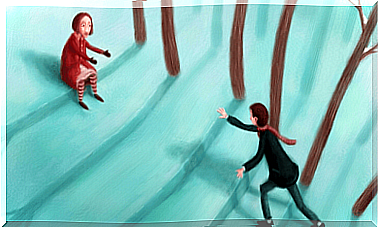The Studies Of Donald Redelmeier And The Spell Of The Moon
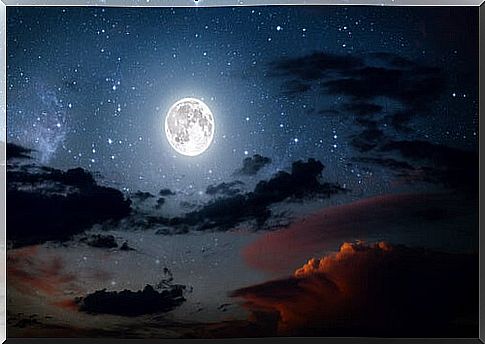
Donald Redelmeier’s studies on the effect of the moon were published in the British Medical Journal . According to them, the full moon increases traffic accidents and tragic deaths. That was what the scientist concluded, after collecting and analyzing a series of data in various countries of the world.
The publication of Donald Redelmeier’s studies was made in the Christmas issue of the prestigious magazine. These types of editions are made every year and include funny, striking or surprising research, always based on “scientific facts”.
The spell of the moon has been talked about for a long time. It has inspired poets, lovers, and scientists of all time. It shines in the night like an oasis in the middle of mystery. But does it really exert such an influence as to cause tragic accidents and deaths? Donald Redelmeier’s studies seem to show that it does.
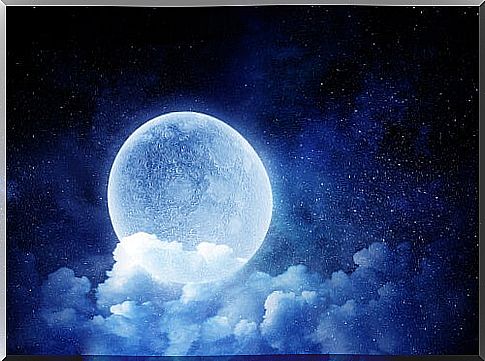
The studies of Donald Redelmeier
Donald Redelmeier’s studies have a statistical basis. This scientist, a researcher at the University of Toronto, together with his colleague Eldar Shafir, a researcher at Princeton University, made a peculiar analysis. They tracked road accidents that occurred between 1975 and 2014, in the United States, Canada, the United Kingdom, and Australia.
They were looking for patterns and faith that they found them, but not exactly the ones they expected. Thanks to their investigations, they were able to detect a striking fact: during full moon nights , traffic accidents increase and, as a consequence, the number of injured and deceased .
According to the data, in the period studied there had been 988 nights in which there was no full moon. During the same, 8,535 traffic accidents took place, which produced an average of 8.64 deaths for this reason, every night .
In the same period, 494 nights with a full moon had taken place. During these, 4,494 traffic accidents had taken place, with an average of 9.1 deaths per night. The average during the so-called “super moons” increased to 10.6.
The fault was the spell of the moon. It was detected that many drivers are captivated by its beauty and disperse their attention. That is what leads to accidents.
The spell of the moon
Donald Redelmeier’s studies are an anecdotal way of answering a question that humans have been asking for thousands of years. What influence does the moon have on human behavior? The legend of the “werewolf” is a fantastic way to answer it: the most animal instincts come out in the human being when there is a full moon.
Outside of fantasy, not a few have postulated a close relationship between the moon and behavior. Without going very far, Aristotle was convinced that the attacks of madness and epilepsy occurred in direct relation to the phases of the moon. Pliny the Elder, a Roman naturalist, fully agreed with this assessment.
In fact, the word “lunatic” was installed in popular speech to refer to those abrupt changes that occurred in behavior, especially on nights with a full moon. On the scientific level, there are several studies in this regard. None of them are fully consistent, save one. Let’s see.
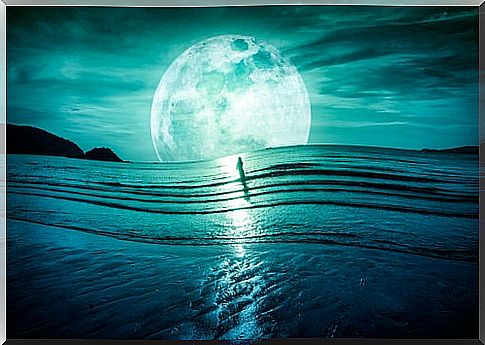
An interesting investigation
The psychiatrist David Avery, from the UK, had a very particular patient. He suffered from bipolar disorder and was also very methodical, with an investigative spirit. So she decided to keep a careful record of her mood swings, which were extreme. When Harvey studied his patient’s notes, he noticed that the sleep fluctuations coincided with the fluctuations of the lunar tides.
The conclusion was somewhat absurd to the psychiatrist and he shelved the matter. However, another well-known psychiatrist, Thomas Wehr, published an article in which he pointed out that 17 patients with bipolar disorder had a very striking regularity in their mood swings, changes that coincided with the lunar tidal cycles. That study was based on observations made over several years.
The two psychiatrists met and joined forces. Both have presented their conclusions in various forums and, from an empirical point of view, they are correct. There is a coincidence. However, other scientists believe that there is some other factor influencing this phenomenon that has not been detected.
Most refuse to seriously consider this relationship between the moon and behavior, because there is no physical basis that can corroborate it. Still, the Wehr and Avery data could not be replicated. Surely there will be new studios that project light where there are still shadows.
